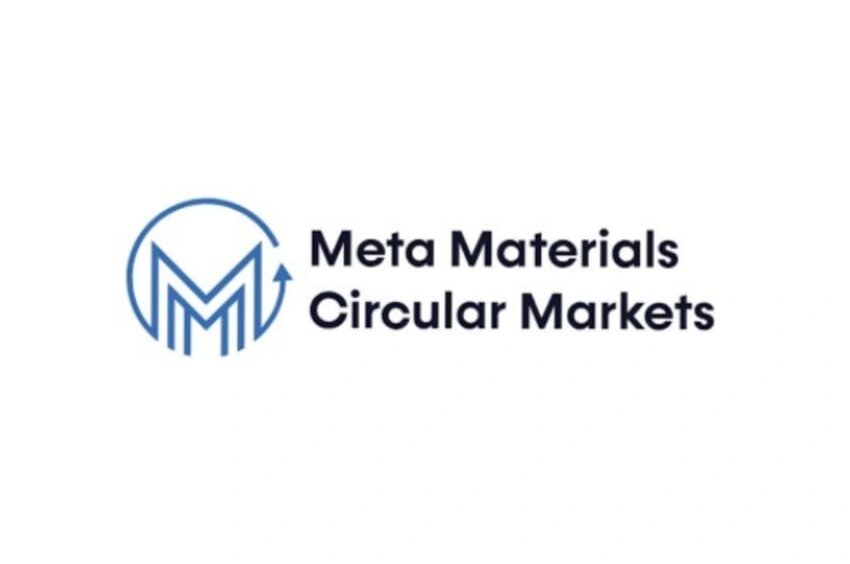MMCM Unveils India’s First Circularity-linked Carbon Credits From End-of-Life Vehicles

Initiative expected to save 2 million tonnes of CO₂ by 2035 and unlock Rs 1,000 crore through climate finance across India’s vehicle recycling ecosystem
Meta Materials Circular Markets (MMCM) has launched India’s first circularity-linked carbon credits derived from End-of-Life Vehicles (ELVs), marking a new milestone in the country’s carbon market development. The initiative is projected to deliver over two million tonnes of cumulative carbon dioxide savings by the end of the decade.
India’s Entry Into Circular Carbon Markets
Certified under the global Cercarbono standard, MMCM’s Circularity-Based Carbon Project introduces a new class of verifiable carbon assets that directly connect emissions reduction with material recovery. The programme integrates circular economy principles into the carbon market framework, positioning India as an emerging supplier of high-integrity, traceable, and impact-driven carbon credits.
The company has already partnered with more than 20 Registered Vehicle Scrapping Facilities (RVSFs) across the country, including Tata Re.Wi.Re and Mahindra CERO. By 2035, the initiative is expected to generate over two lakh carbon credits annually through a network of 100 recycling partners.
MMCM said the project could unlock over Rs 1,000 crore in the RVSF ecosystem through climate finance, contributing to job creation, improved environmental outcomes, and wider awareness of responsible recycling practices.
How Circularity-linked Credits Work
Unlike traditional carbon offsets, MMCM’s credits are tied to measurable recycling outcomes. For every tonne of ELV responsibly processed, approximately 0.6 tonnes of CO₂ equivalent are avoided. The credits are backed by more than 40 digital monitoring, reporting, and verification (dMRV) data points, ensuring precision, transparency, and traceability.
Beyond emissions reduction, the system recovers valuable materials such as steel, aluminium, and plastics, which are reintegrated into industrial manufacturing cycles. This creates a dual benefit for Indian industry—credible Scope 3 emission offsets and the development of low-carbon, circular supply chains supported by recycled raw materials.
Industry Voices
“Circularity-linked carbon credits open a new paradigm where India can decarbonise while simultaneously creating value from recycling,” said Nitin Chitkara, Chief Executive Officer, MMCM. “This model not only supports India’s net-zero ambitions but also strengthens industrial ecosystems through sustainable resource recovery. As COP30 approaches, India is poised to showcase carbon innovation with global relevance.”
Yashodhan Ramteke, Head of the Carbon Business Unit at MMCM, added, “By quantifying and trading ELV-linked carbon credits, we are demonstrating how emissions savings and circularity can progress together, positioning India as a frontrunner in next-generation carbon finance.”
A New Path For Sustainable Industry
The initiative reflects a broader shift in India’s environmental strategy, aligning climate action with industrial circularity. By converting automotive waste into economic and environmental value, MMCM’s project offers a model for integrating carbon finance with sustainable resource management—advancing both India’s circular economy and its pathway to net zero.

























































































































































































































































































































































































































































































































































































































































































































































































































































































































































































































































































































































































